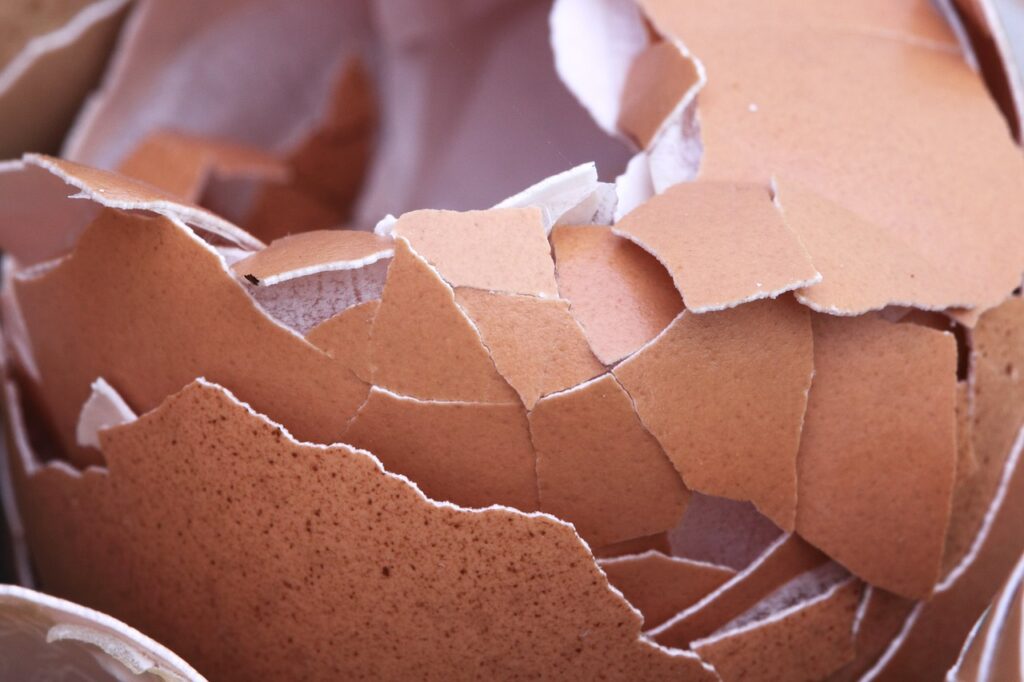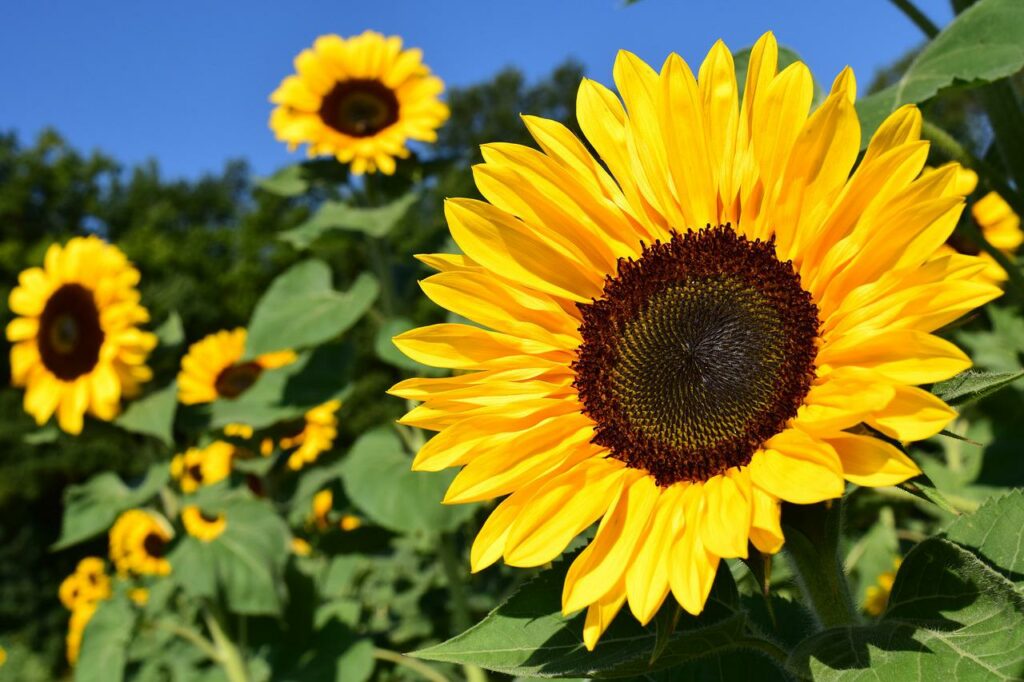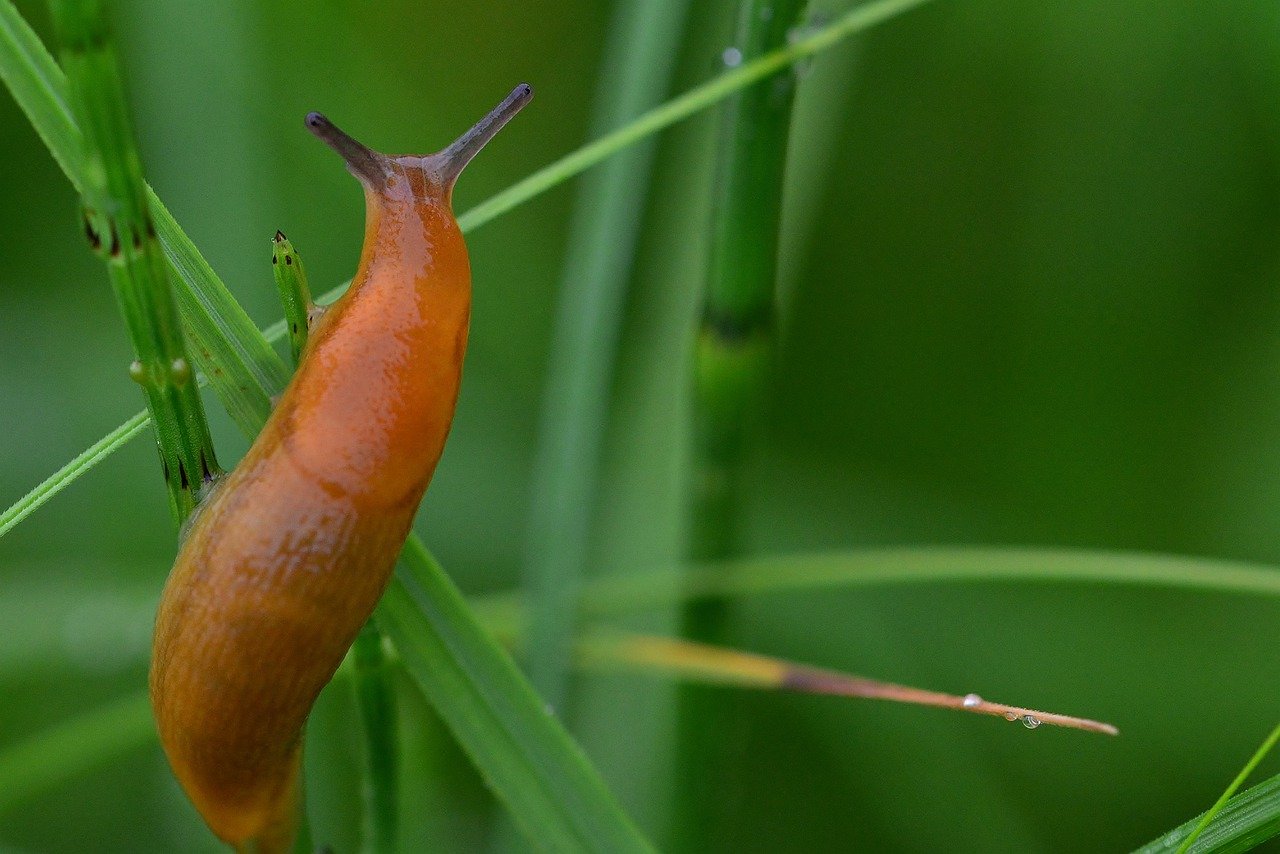There are many ways to get rid of slugs naturally. One of the ways that always come up is the use of vinegar. But how effective is vinegar as a form of slug control, exactly? Yes, vinegar does kill slugs, but it has its pros and cons.
Pros and cons of vinegar slug control
- Vinegar does kill slugs. The problem with natural remedies is that many of them don’t even work. But vinegar actually does, and that is already an automatic win. Vinegar is acidic, and it eats through the slimy bodies of the garden pests. You can simply pour vinegar on slugs and watch them squirm and die within a few minutes. It’s not the most humane way to get rid of slugs, but it does work. Vinegar is also extremely accessible and cheap. It prevents you from buying chemicals and pesticides that may end up harming your garden.
- Vinegar is not good for your plants. Vinegar is obviously not as toxic as chemicals and pesticides. But this doesn’t mean that it’s completely safe to use in your garden. The acidic nature of vinegar makes them dangerous around plants. They can burn and damage leaves. And in the worst cases, they can even kill the plants themselves. If you want to use vinegar to get rid of slugs, make sure to capture the slugs first and isolate them. You don’t want to pour vinegar into your garden and put your plants at risk.
- There are other effective home remedies that are not as damaging to your garden. Vinegar is not damaging to your garden soil. Even though it is acidic, it breaks down fast enough that it doesn’t really affect the soil long-term. This is a plus. Some home remedies like salt are damaging to both plants and garden soil, so their use is even more complicated. However, there are other home remedies that don’t even have those complications, such as eggshells and slug-repelling plants.

How to get rid of slugs with vinegar
- Combine vinegar and water in a spray bottle. You can use pure white vinegar by itself, but because of vinegar’s acidic nature, some people prefer to make it less potent by diluting it in water. What they do is combine vinegar and water in equal ratios and put the mixture in a spray bottle. From there, they can spray away with less worry that their plants will be destroyed by the acidity of the vinegar. But the problem with this is that the vinegar may be too diluted to effectively kill the slugs. A better approach is to just use white vinegar by itself and just bring the slugs in an isolated area to keep your plants safe as you spray.
- Capture the slugs and isolate them. Water your plants and garden soil. The moisture will attract slugs. In the afternoon or nighttime, bring a flashlight and a pair of gloves to look for garden slugs on your property. Pick them up and bring them to a different area where you can spray them with vinegar. If you are only available during the daytime, you can also just water your plants and garden soil in the evening and place a plank near them. When the sun rises, slugs will try to find a place to protect themselves from the sun. Look under the plank and they may be hiding there.
- Spray the slugs with your vinegar solution. Once you have isolated the slugs, you are now free to spray them with your vinegar solution. They will squirm and die within a few minutes. If you don’t see the slugs reacting, your vinegar solution may be too diluted with water. Add more vinegar and continue to make adjustments as you see fit. After the slugs have died, put them in a bag and throw them away. You can also wash your hands with your vinegar solution, especially if you have gotten in contact with slime from the slugs.
Other natural remedies for slug infestations
- Get rid of slugs with salt. The great thing about salt is that it’s really effective in getting rid of slugs. It essentially absorbs the water out of the bodies of slugs. This is fatal because slugs are heavily dependent on their bodies’ water content. The problem with salt is that it’s damaging to both plants and garden soil. In fact, it’s so damaging to the soil in particular that plants may stop growing in there and small animals that used to thrive there may die. If you want to use salt to get rid of slug infestations, you have to isolate the slugs first. Once you isolate them, sprinkle salt as you please. Slugs will squirm and dehydrate within a few minutes.
- Sprinkle eggshells around your plants. The problem with salt, vinegar, and other natural remedies is that they don’t result in instant death. Slugs are likely to suffer first before succumbing. If you don’t want to hurt the slugs at all, just put a natural barrier around your plants to prevent them from becoming slug targets. Slugs have soft bodies that are vulnerable to objects with sharp edges, such as eggshells. Scatter eggshells around your plants and watch slugs turn away.
- Introduce slug-repelling plants into your garden. Slugs find certain plants repulsive. These garden pests particularly don’t like scented plants, such as begonias, lavenders, rosemaries, and sages. You can plant these in your garden to serve as natural slug repellents. You can also do the exact opposite — use plants that slugs like, such as basils, dandelions, marigolds, parsley, and sunflowers. Plant these at the edge of your garden as a sacrifice. Let slugs go after these baits to keep the rest of your garden safe.

Vinegar slug control can be effective
Vinegar slug control does work. This is because of the acidity of the solution. But be careful, because this acidity is also dangerous around plants. Capture the slugs first and put them in an area where you can pour or spray vinegar on them without harming your plants.
If you are the type who doesn’t want to harm animals, no matter how pesky they are, you can also just repel them. Use natural barriers around your garden, such as sharp objects that will prevent slugs from going deeper into your property and slug-repelling plants that will make them look in the other direction.

